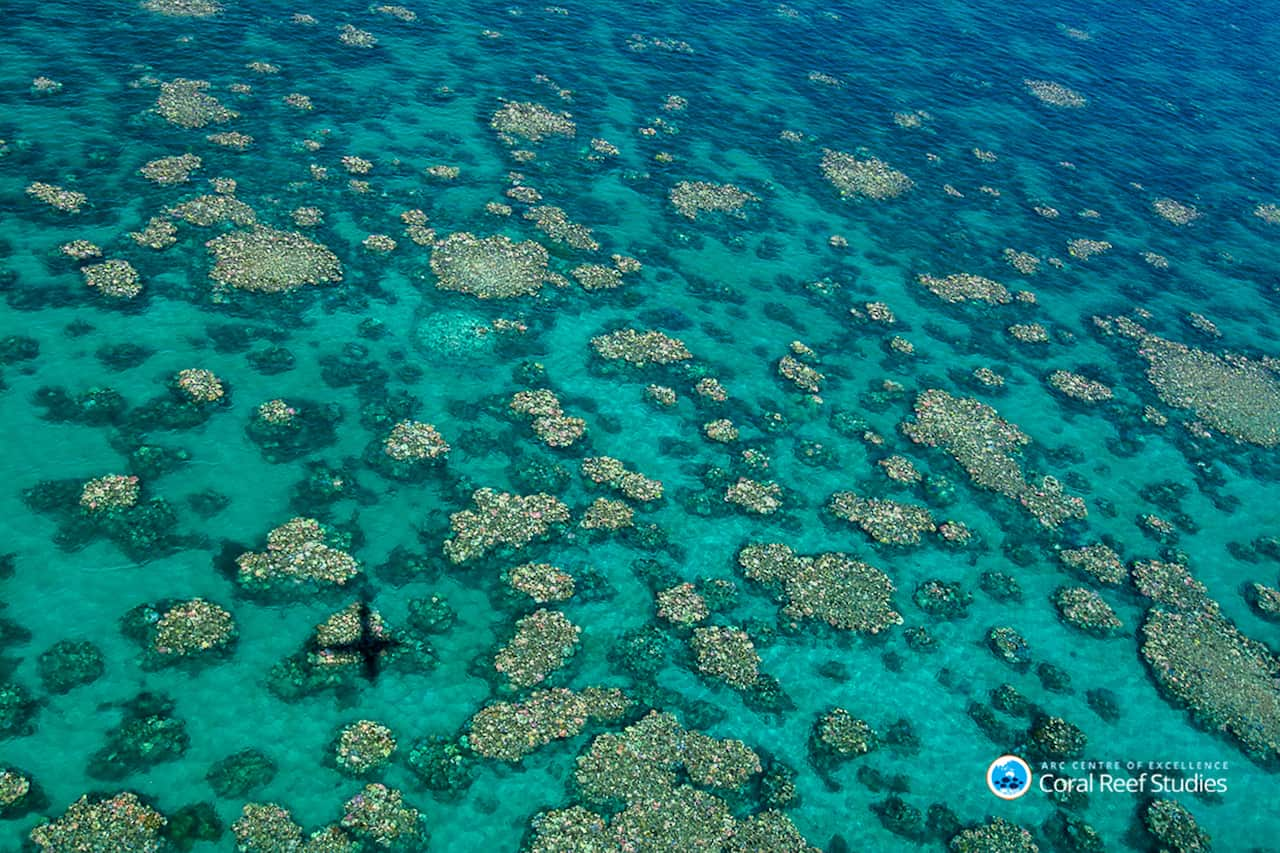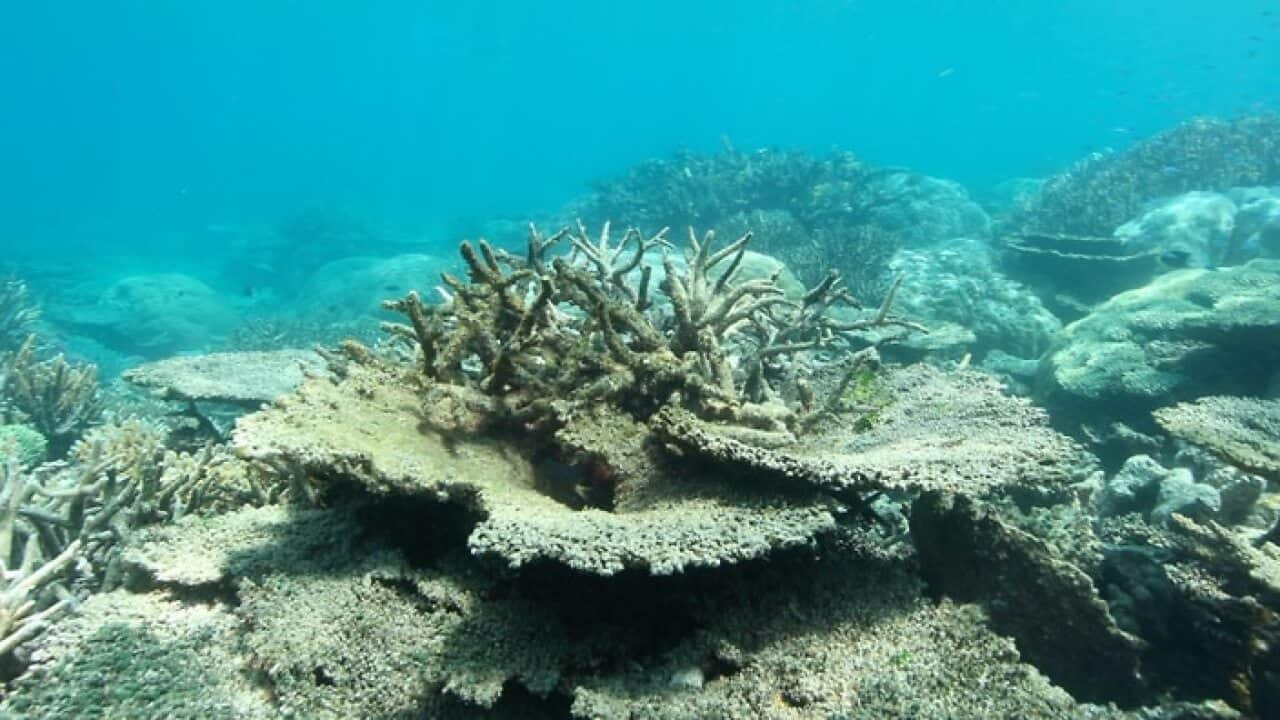The health of the Great Barrier Reef has rapidly deteriorated and climate change is its most significant threat, prompting experts to downgrade the reef's outlook from "poor" to "very poor".
A five-year review by Australia’s lead management agency for the Great Barrier Reef, published today, found coral reefs have declined following back-to-back bleaching events causing widespread habitat loss and degradation.
Great Barrier Reef Marine Park Authority (GBRMPA) CEO Josh Thomas said this was a critical point in the reef’s history and actions taken now would matter to the reef’s future. “Anyone following the state of the Great Barrier Reef over the last 10 years is well aware of the pressures and challenges facing the ecosystem," he said.
“Anyone following the state of the Great Barrier Reef over the last 10 years is well aware of the pressures and challenges facing the ecosystem," he said.

Recent aerial surveys revealed only the southern third of the Great Barrier Reef has escaped unscathed from coral bleaching. Source: Coral Reef Studies
“While the reef is already experiencing the impacts of climate change, its future is one we can change — and are committed to changing. Local, national and global action on the greatest threats facing the reef is needed now."
The new report — which is the third in a series of comprehensive reports on reef health and management over the past decade — found the accumulation of impacts over time is reducing its ability to recover from disturbances.
It warned there would be serious implications for reef-dependent communities and industries.
GBRMPA chief scientist Dr David Wachenfeld said the scientific evidence was clear and everything possible should be done to create recovery windows for the Reef.
“Mitigating threats like climate change and poor water quality, coupled with resilience-based management, are essential to boosting Reef health so it can recover from major disturbances," he said.
Support for reef resilience
The Australian and Queensland Governments have committed more than $2 billion over the next decade under a comprehensive plan to protect the reef.
“The Marine Park Authority is a key partner under that plan, delivering world-class management systems to improve the health of the Reef,” Mr Thomas said.
“A range of actions are underway to improve Reef resilience — from ramping up compliance in no-take areas to tackling the outbreak of coral-eating crown-of-thorns starfish at high value sites to improve coral cover.
“These and other management actions are having a real, measurable and positive impact on the Great Barrier Reef now, and we need to continue to invest in these areas.”

